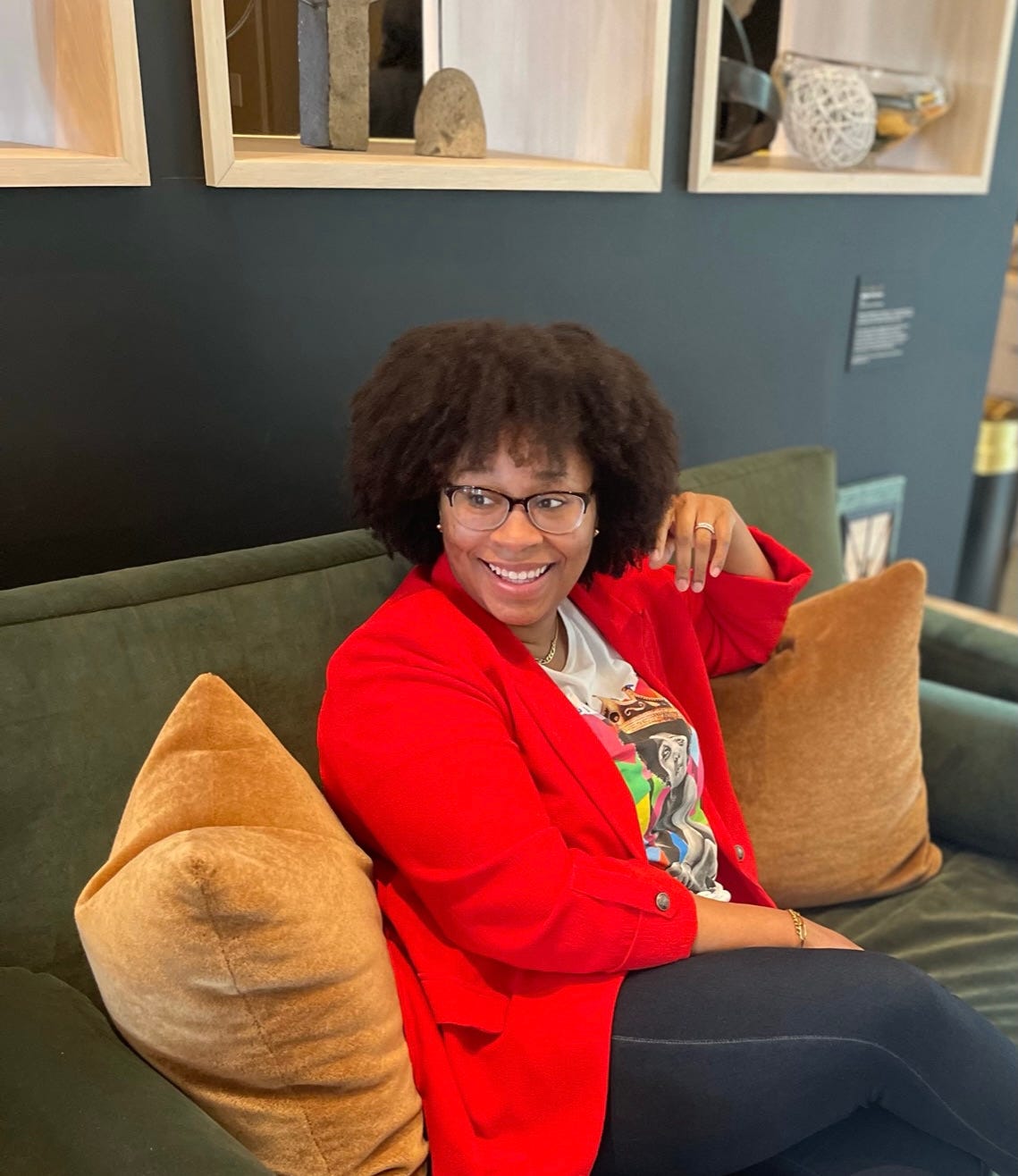Culture Keepers: Safeguarding Your Podcast with Trademarks
A Guide for BIPOC Podcast Creators
Podcasts are an increasingly popular medium for entrepreneurs and creators to reach audiences and build their brands. However, with the growing popularity of podcasts comes the need for trademark protection. In this article, we'll discuss the importance of trademark protection for podcasts and how entrepreneurs and creators can safeguard their intellectual property.
Why is Trademark Protection Important for BIPOC Podcasts? Let’s get into it.
Trademark protection is essential for BIPOC podcasts for several reasons:
Safeguarding the integrity and culture of BIPOC creators: Trademark protection helps BIPOC creators protect their podcasts' brand and identity from being exploited or misused by others. It ensures that the culture and identity that BIPOC creators have incorporated into their podcasts remain authentic and true to their values, and that they are not co-opted by others for their own benefit.
Protecting the intellectual property of BIPOC creators: BIPOC creators often incorporate unique perspectives and original ideas into their podcasts, which can be stolen or misappropriated by others without proper protection. Trademark protection helps ensure that BIPOC creators can protect their intellectual property and prevent others from using their content without permission or compensation.
Building and maintaining a strong podcast brand: A strong brand is essential for a successful podcast, and trademark protection plays a critical role in building and maintaining that brand. By protecting your podcast's name, logo, and other identifying features, BIPOC creators can establish themselves as distinct and credible voices in their respective fields, attracting listeners, sponsors, and other collaborators who recognize the value of their unique perspective and culture.
Steps to Protect Your Podcast's Trademark:
Start With The Name: As a BIPOC creator, it's important to choose a name for your podcast that resonates with your intended audience. This can help you establish a unique identity and differentiate yourself from other podcasts in the industry. This will be key in protecting and maintaining your trademark rights down the road.
Conduct a Thorough Trademark Search: Before starting your podcast (or applying for federal trademark registration), it's essential to conduct a comprehensive trademark search to ensure that your proposed podcast name or logo is not already in use or registered by someone else. This can help you avoid potential legal issues down the line. A basic search can be done through the United States Patent and Trademark Office (USPTO) website. It’s best to work with a trademark attorney for a more thorough search.
Register Your Trademark: Once you’ve completed your trademark search and confirmed that your podcast name or logo is available, you can apply for trademark protection through the USPTO. The application process can be complex, so it's advisable to work with a trademark attorney to make sure that your application is properly prepared, submitted, and that you have someone on your side to communicate with the USPTO on your behalf should issues arise.
Use Your Trademark Consistently: To maintain trademark protection of your podcast name or logo, it's important to use your trademark consistently in all of your podcast marketing materials, including your website, social media, and other promotional materials. Consistent use of your trademark will also help to establish and maintain your brand identity.
Monitor Your Trademark: Regularly monitor your podcast name and branding to make sure that no one else is using them without permission. I’m sure it goes without saying, but the USPTO will not monitor your trademark for you. Basic monitoring can be done through regular internet searches and monitoring social media platforms. However, as busy as you are with your podcast and doing all of the things, have an attorney take this off your plate and monitor it for you. Not only can they use a more robust monitoring system, when copycats arise, but they’ll also be able to give you an immediate plan of action so that your podcast and your brand stay protected.
Enforce Your Trademark Rights: If you discover that someone else is using your podcast name or branding without permission, it's important to take legal action to enforce and maintain your trademark rights. This can be done through cease-and-desist letters, filing a lawsuit, or other means. It could be less formal and as simple as having your trademark attorney make a phone call or send an email on your behalf. Whatever means you choose, the most important thing is that you take action. Inaction can cause you to lose your trademark rights.
In case you jumped to the end, trademark protection is an essential step for podcast creators to protect their intellectual property rights and enhance their brand identity. By following these steps, podcast creators can be sure that their brand identity is legally protected and that they can continue to grow their brand and reach new audiences. Working with a trademark attorney to make sure your trademark application is properly completed and that the trademark is properly enforced will be one of the best moves you can make to protect your podcast.
About Summer Burnley, Esq.
Summer Burnley, Esq. is the spirited and devoted trademark attorney and business strategist behind Burnley Law PLLC. She advises game-changing and impact-shifting entrepreneurs on how to protect their brands from copycats, how to step fully into their CEO role, and how to legally and operationally secure their freedom business. Attorney Summer is also the host of The Lurk Lounge® Podcast.
Schedule a consultation with Attorney Summer.
Disclaimer: Nothing in this article is intended to be legal advice or create an attorney-client relationship. Please consult with an attorney regarding your particular brand protection matter.





Summer, thank you for this helpful info. Do you recommend creators start using the TM or SM symbol on their titles and logos while they're waiting on registration?